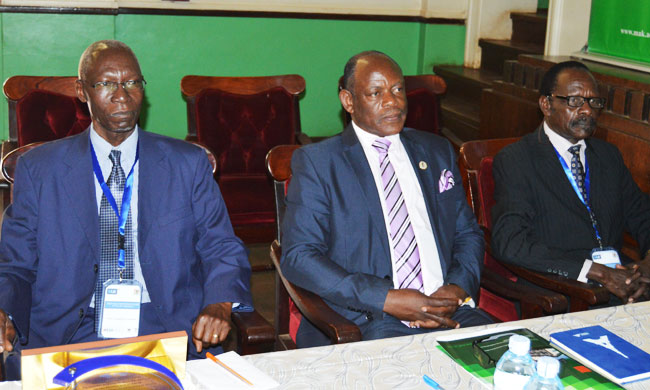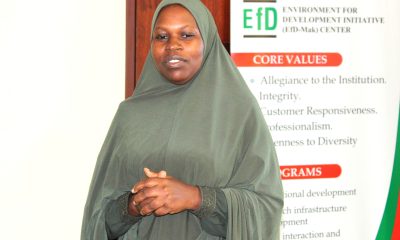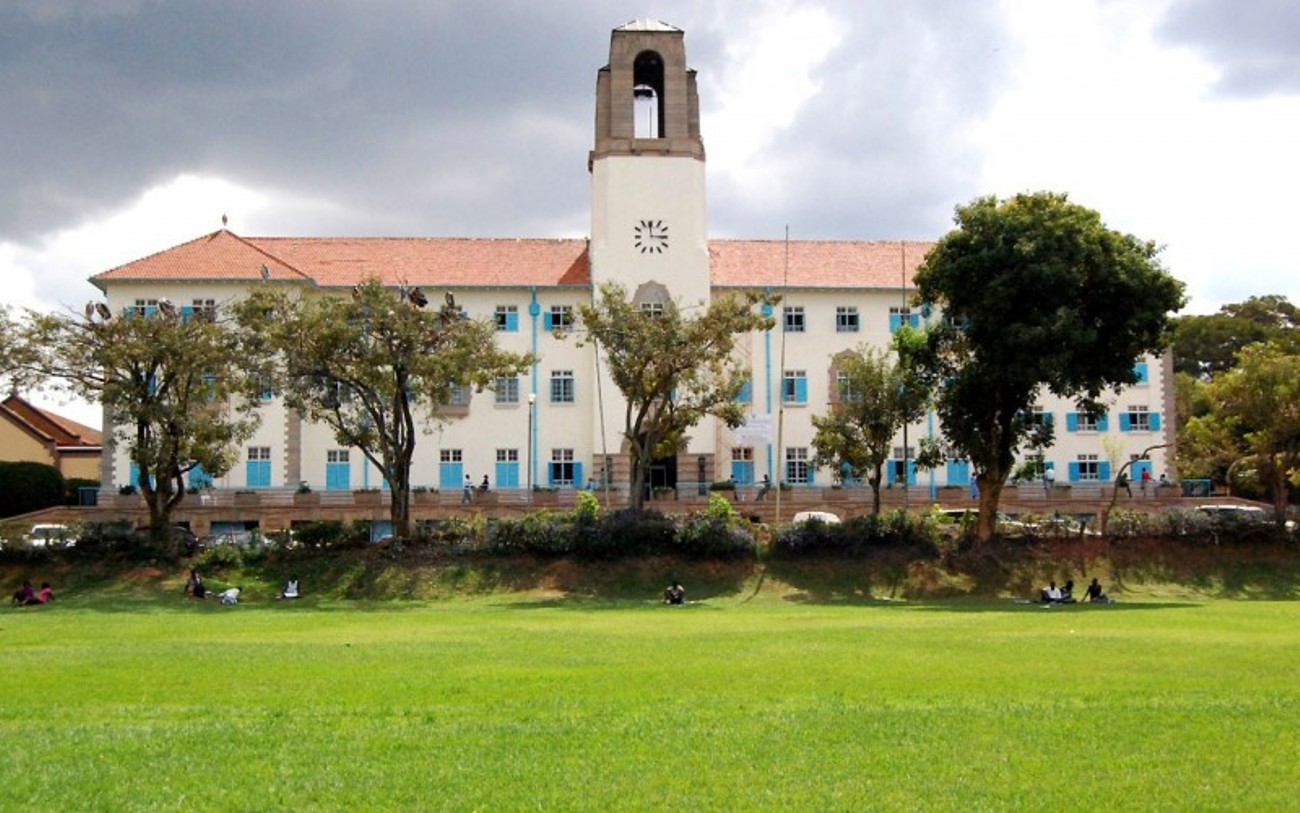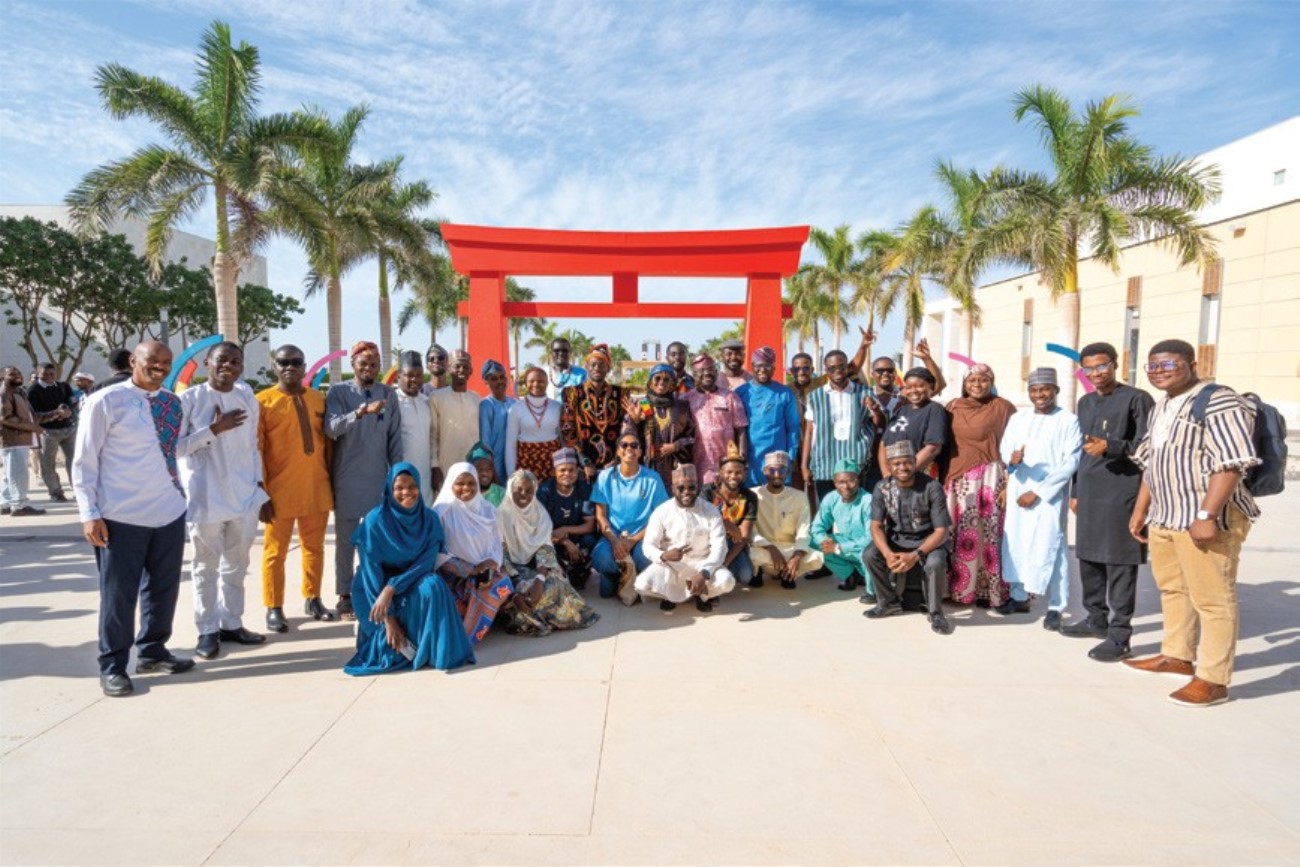On Wednesday 7th February 2018, the Makerere University–Uganda Virus Research Institute centre of Excellence of Infectious and Immunity Research and Training organised a symposium to celebrate the successful 10 years of hard work in capacity development and implementation of basic science, cutting edge technology and modern analytic methods to address health research needs in Uganda and the region.
Officially opened by the Makerere University Vice Chancellor Prof. Barnabas Nawangwe, the symposium provided a platform to scientists to discuss the various solutions to the health issues that affect human capacity on the African continent.
The Makerere University–Uganda Virus Research Institute centre of Excellence of Infectious and Immunity Research and Training symposium was held as part of the general annual meeting. The Symposium brought together African institutions, African Scientists and global leaders in scientific research, and equal partners with international colleagues in conducting research to solve the health problems of Africa and the World.
The Centre of Excellence was launched in 2008 as a partnership between Uganda’s leading research institutions. To date the programme has supported Masters, PhDs, Post-Doctoral and research group leaders fellowships for 50 fellows as well as providing small grants for many centres members to foster training and collaboration regionally and internationally.
Addressing the participants, Prof Barnabas Nawangwe acknowledged the tremendous achievements realised by the Centre since its inception. According to him, the measures of success that have been reported in terms of further funding achieved and research papers published are striking, and demonstrate the contribution of the programme to scientific excellence, leadership and progress.
MUII is aligned to Makerere University’s motto “We build for the future” and to the University’s strategic focus to be a research led University. This partnership is contributing to educating the leaders of tomorrow, and to the transformation of the University. We value this initiative and congratulate MUII members on their achievements. We thank the Welcome Trust, the UK Department for International Development and NEPAD for this investment at our University, and AESA (the Alliance for Accelerating Excellence in Science in Africa) at the African Academy of Sciences for management of the programme,” he said.
He applauded the former Vice Chancellor of Makerere University Prof. Livingstone Luboobi who signed a Memorandum of Understanding with the Permanent Secretary of the Ministry of Health that recognised the historically close training and research partnership between Makerere University and UVRI, the two premier Ugandan institutions in academia and health research respectively.
The MoU signed by the two institutions formalised the partnership, and strengthened the emerging MUII initiative to work closely. This enabled MUII to support important developments first at the College of Health Sciences, and also in the Colleges of Natural Sciences, Veterinary Medicine and others. Prof. Luboobi also played an instrumental role in the nurturing of Bioinformatics at Makerere University.
“We have undergraduates given internship placements at UVRI. Immunology graduate training and research has been strengthened at the University through the establishment of a state-of-the art immunology laboratory facility, an MSc graduate course in Immunology and Microbiology was established at the College of Health Sciences, and a new Department of Immunology and Molecular Biology has been launched with a MUII fellow as its leader,” he remarked.
Prof. Nawangwe was happy to note that several Makerere University workshops have been held in the key disciplines of immunology and bioinformatics at the Uganda Virus Research Institute and UVRI research infrastructure for bioinformatics and immunology has been made accessible to Makerere University scientists. He thanked the international and regional partners, particularly the University of Cambridge, and the London School of Hygiene & Tropical Medicine for the support they have rendered to MUII to ensure that it fulfils its objectives.
The Director, MUII-PLUS Prof. Alison Elliot remarked that the symposium provides an opportunity to scientific researchers around the world to get together and share scientific research ideas that have benefitted and developed the country’s health sector as well as the continent. She recognised the tremendous achievements realised by the centre in health research and developments and urged the institutions involved to continue supporting the centre in the journey of achieving a better health service.
“That Great strides in research and training capacity are being made at both institutions with MUII alumni and fellows taking up positions of leadership as Deans and Heads of Departments at the University. Makerere University graduate students are given access to specialised laboratory equipment at UVRI, and dissertation co-supervision at UVRI, and we have academic scholarly benefits from honorary appointments of UVRI staff to college departments,” he said.
Reiterating the importance of the Centre, The Director of Uganda Virus Research Institute Prof. Pontiano Kaleebu, said that with both financial and infrastructural support at the centre, scientific researchers have embarked on a journey of strengthening infection control in the country. He emphasised the importance of research as the solution to the health problems that have long affected people in the world.
“Research should be community responsive, it should be used to inform policies and research findings should be integrated in our strategies that are developed to deliver health services in our communities. As we discuss the common diseases that affect our health, we should take it as an opportunity to improve our health and research,” he said.
Prof. Abdoulaye Djimde, the Director, DELGEME at University of Science, Techniques and Technologies of Bamako, Mali delivered a key note address on Malaria genetics. The day’s presentations focused on Trypanosomiasis, Helminths and metabolism, emerging and re-emerging of infectious diseases, HIV and Tuberculosis, Maternal neonatal and reproductive health.
Article by Mak Public Relations Office


 General1 day ago
General1 day ago
 Research2 weeks ago
Research2 weeks ago
 Health2 weeks ago
Health2 weeks ago
 Health1 week ago
Health1 week ago
 Business & Management2 weeks ago
Business & Management2 weeks ago


